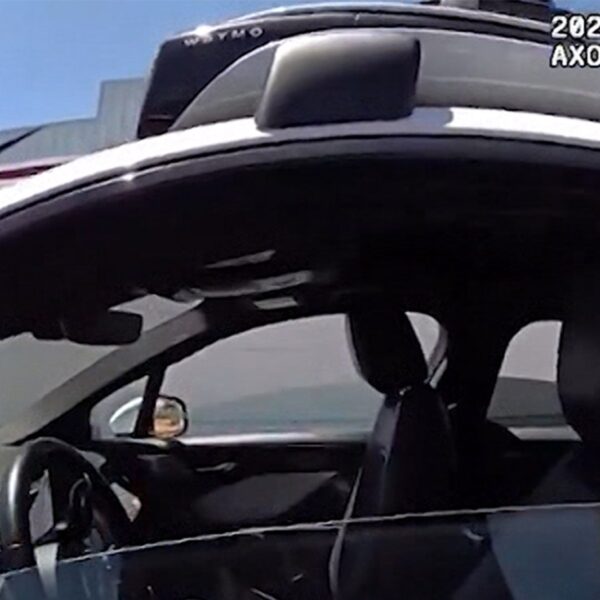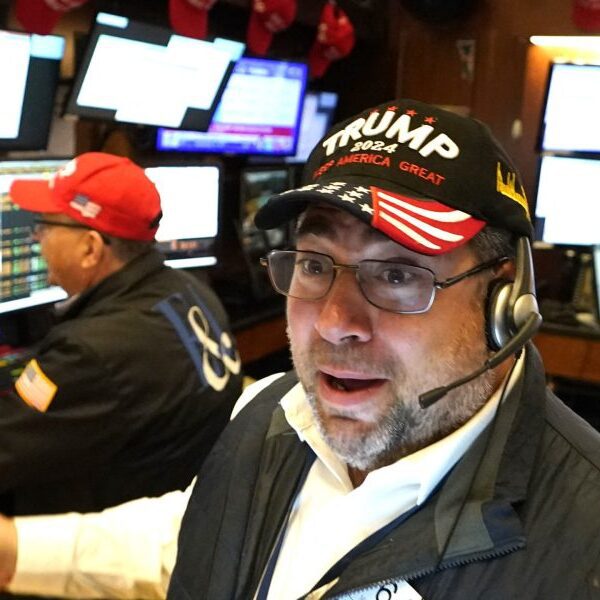By the end of October, the European Union will make a final decision on what some analysts call the biggest EU trade case against China in more than a decade.
But automakers and countries are divided over whether to place tariffs — so far of up to 36.3% — on Chinese electric vehicles. A German automotive trade association says they would hurt German automakers, which have a significant presence in China. Germany has a substantial automotive trade surplus with the country. Italian and French automakers, meanwhile, have almost no presence there.
China has been exporting cars to countries all around the globe, and both supporters of tariffs and trade and industry analysts point to China’s support for its domestic manufacturers as a rationale for imposing tariffs.
“We’re dealing with an economy in China where credit money is allocated by the state and not by the market, and the state picks sectors that they want to promote,” said William Reinsch, senior advisor and Scholl Chair in International Business at the Center for Strategic and International Studies, a bipartisan think tank in Washington, D.C.
“In that kind of economy — if you do that — you always get overinvestment, you always get overcapacity, you always get overproduction, and then that overproduction gets dumped on the rest of the world.”
Chinese automakers can produce a car for about $5,500, said Felipe Muñoz, senior analyst for JATO Dynamics, while it costs European automakers closer to $20,000.
That tremendous cost advantage is partially explained by government subsidies, he said.
“But also it’s explained by higher economies of scale,” Muñoz continued. “It’s explained by lower labor costs and by the fact that when it’s about electric cars, China, unlike the rest of the world, it has already secured the supply chain for the batteries.”
Watch the video to learn more















